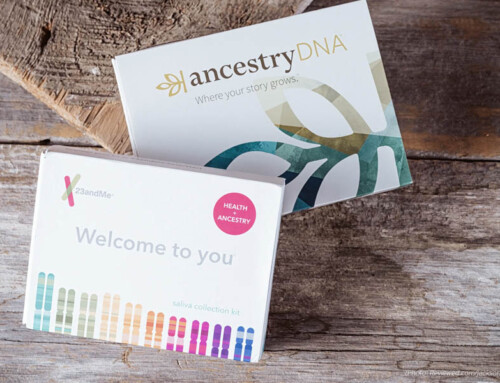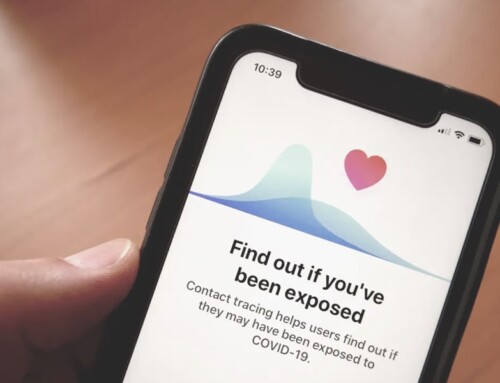IBM made headlines when it announced that it would no longer work on facial recognition technology. Amazon followed suit, with a lesser degree of conviction, by saying there would be a one-year moratorium on the contracting of their facial recognition tools to law enforcement.
So, why is this important? After all, it seems that there is a lot of profit to be made off of facial recognition.
Facial recognition made the headlines, in not so good ways, last year when it was reported that China was using the technology to identify ethnic Uyghurs for the purpose of rounding them up and sending them to re-education camps.
This less than benevolent use of technology has stoked fear that face recognition could be used by governments in any kind of nefarious way. The argument more recently is that the technology is imperfect, resulting in misidentifications, which could see people unfairly accused of crimes. But there are other civil liberty issues that have been cited in opposition to mass surveillance.
Let’s take a somewhat simple example and look at how traffic cameras could be abused. Many states have cameras along the highways so that traffic can be monitored, with a good resolution camera, the license plate of every passing vehicle could be captured. Those license plate numbers could be stored in a database. Does the state really need to know all of your comings and goings? Should the state be keeping a catalog of where people drive, and when?
That is not happening yet. At least not to our knowledge. At least not by the government. People have recognized the potential for abuse of any such widespread surveillance and have worked to keep the government from such broad violations of our privacy rights.
But what about private industry?
People have been trained to surrender their rights and privacy to corporations for baubles. You give away your contact information for a free game. You surrender your contacts for a coupon. The list of examples is ever and rapidly expanding. If asked, many would say they don’t really care; it’s not that important.
And, even if you did care, what could you do about it?
The choice often seems like no choice at all. Either surrender your rights in little-read click-through contracts full of fine print or live the life of a Neo-Luddite.
Today, home automation and home security have been dominated by services in the cloud. There are now millions of cameras feeding cloud services. Just imagine the database you could create with all of those cameras.
Support Live Free or Die Software, and help us give you options that will give you Home Automation NOT Home Invasion.





